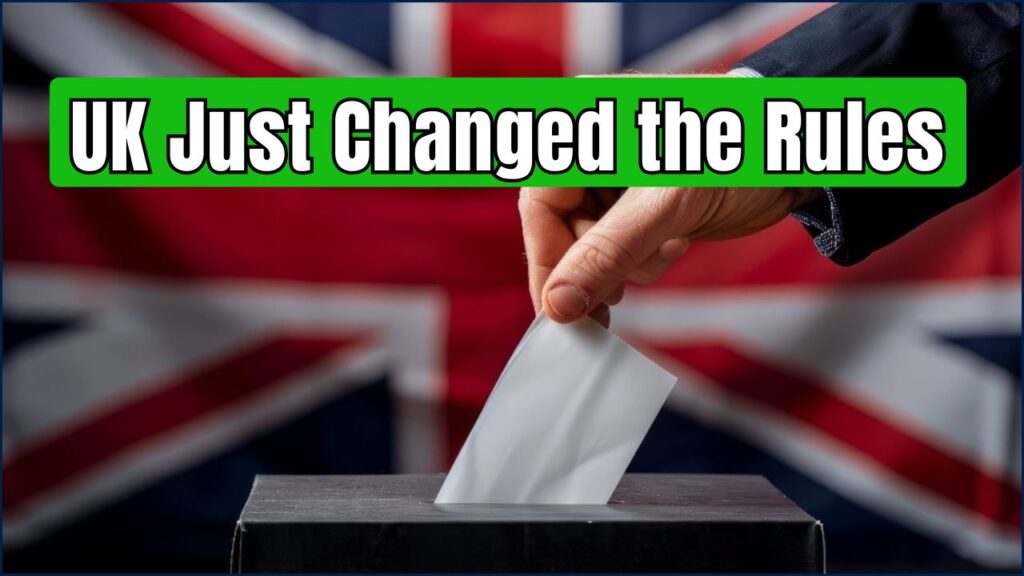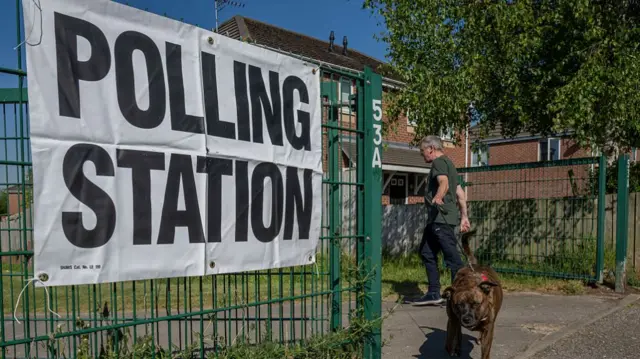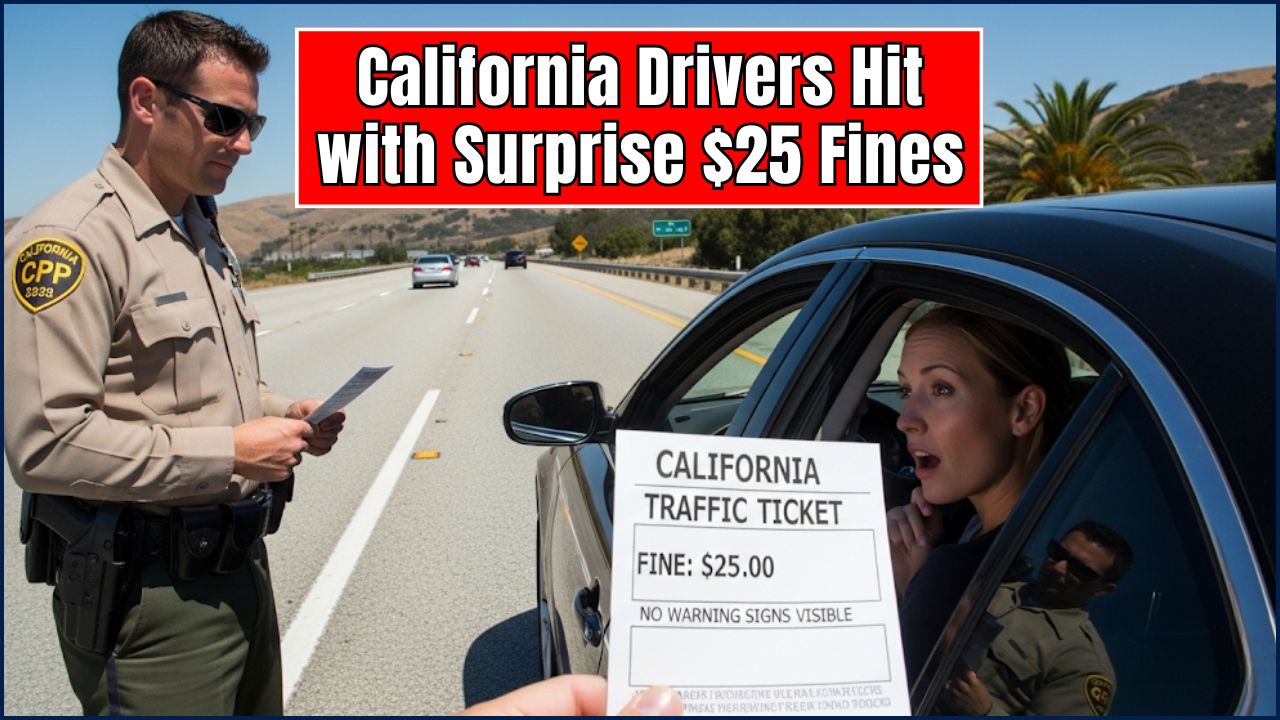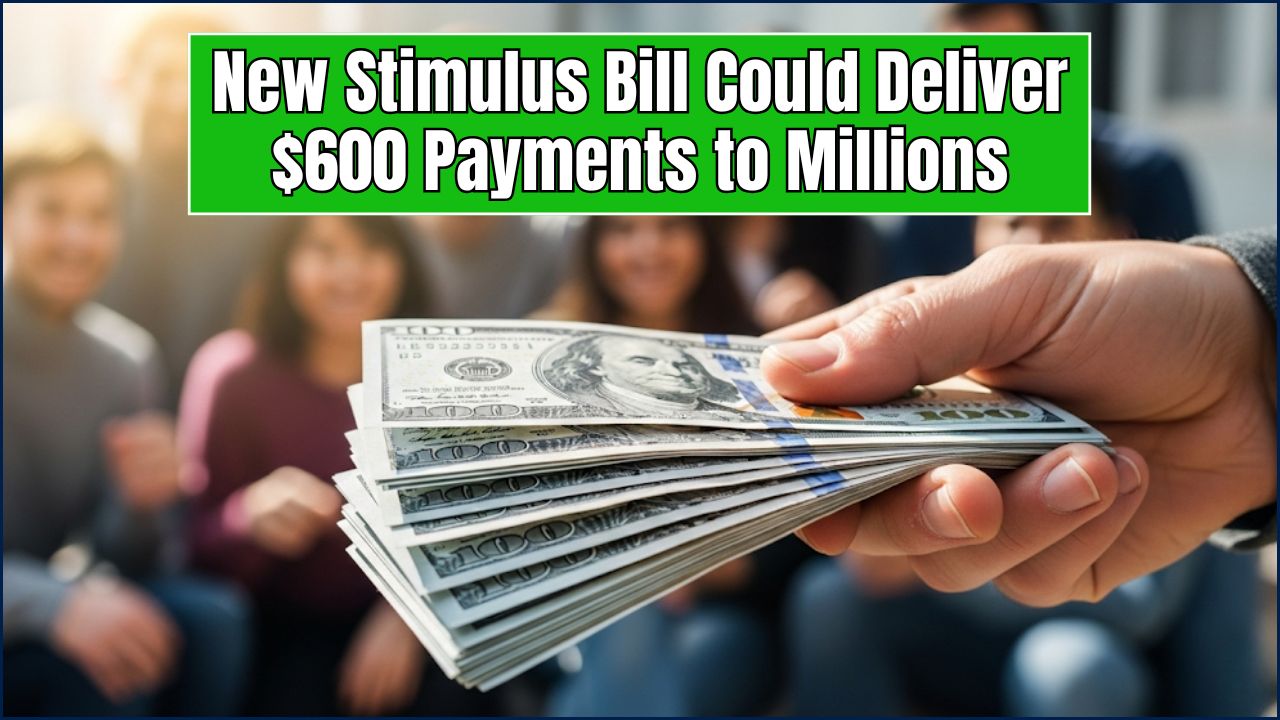The UK just made history, y’all. Starting soon, 16-year-olds will get to vote in national elections across the country. Yep, that means Gen Z and even a slice of Gen Alpha are getting a real say in who runs things at the top. It’s a huge policy shift and could ripple into all kinds of political, social, and even economic changes. This ain’t just a British thing—this is a global milestone, and folks across the pond in the U.S. are watching closely.

Now, if you’re wondering, “Can a 16-year-old really make an informed political decision?” or “How’s this gonna change the game for politicians?” — don’t sweat it. We’re breaking it all down, plain and simple, right here.
UK Just Changed the Rules
| Topic | Details |
|---|---|
| Policy Change | UK lowers national voting age from 18 to 16 |
| Effective Date | Expected before the next general election in 2029 |
| Who It Affects | Approx. 1.6 million new voters aged 16-17 |
| Supporting Stats | Youth turnout may add ~200K votes, per FT analysis |
| Other Changes | Auto registration, more voter ID options, foreign interference crackdown |
| Official Source | UK Government Statement |
This change isn’t just about voting. It’s about trusting the next generation to help shape the future. From classrooms to campaign trails, 16-year-olds are about to step up in a big way. Whether you agree with it or not, the UK’s new rule is a wake-up call for democracies everywhere: listen to your youth, or lose their trust.
Why This Rule Change Matters
Lowering the voting age isn’t just about giving kids more power—it’s about recognizing that 16-year-olds today are plugged in, passionate, and often better informed than many adults were at that age. They’re in school learning history, economics, and politics. They’re on social media, watching elections unfold in real time. And in some cases, they’re even paying taxes, working jobs, and volunteering in their communities.
Context: Where We Were vs. Where We Are Now
Until now, only Scotland and Wales allowed 16-year-olds to vote—but just in local or devolved elections. This move brings England and Northern Ireland up to speed and makes it nationwide for all general elections.
It’s a shift that’s been debated for decades, with critics saying 16-year-olds are too immature, and advocates arguing they’re more than ready. Turns out, Labour (the UK’s majority party as of 2025) agrees with the latter.
What the Data Says
Let’s get into the real numbers and facts behind the policy:
- 1.6 million teens aged 16-17 will now be eligible to vote.
- 48% of UK adults oppose the idea, but 27% support it, with the rest undecided.
- Studies show 16-year-olds vote as responsibly as 18-year-olds when properly educated.
- Potential turnout boost? A modest ~200,000 votes, says Financial Times.
What This Means for Teens (And Everyone Else)
Real Talk: What 16-Year-Olds Can Do Now
- Register automatically (no forms needed, thanks to the new system)
- Use student IDs or bank cards as valid voter ID
- Vote in ALL elections — general, local, mayoral, you name it
Politicians Better Take Notes
Younger voters have different priorities. Climate change, affordable housing, education reform, mental health, and digital rights are big on their radar. Candidates who ignore them? They do so at their own risk.
How It Works: Step-by-Step Voting Guide for 16-17 Year Olds

Step 1: Get Registered (Automatically!)
The new law includes automatic voter registration, so most eligible teens will be signed up through school records or local council databases.
Step 2: Have Valid ID Ready
No passport? No problem. Teens can now use student IDs, bank cards, digital IDs, and more.
Step 3: Learn the Issues
Classrooms and community centers are already ramping up civic education. Plus, check out these great resources:
- BBC Bitesize – Politics
- UK Electoral Commission
Step 4: Cast Your Vote
Once the election is on, you can vote in person, by mail, or by proxy.
Historical Lens: How Voting Ages Evolved Globally
- In the U.S., the voting age was lowered from 21 to 18 in 1971 through the 26th Amendment, largely due to the Vietnam War.
- In Austria, the voting age was dropped to 16 in 2007.
- Brazil allows optional voting for 16- and 17-year-olds.
- Germany allows 16-year-olds to vote in some regional elections.
This shift in the UK is part of a broader global conversation about youth empowerment and democratic modernization.
Voting Age Across the UK & Beyond
It’s interesting to see how the UK now compares to different parts of the country and other nations when it comes to who can vote.
| Jurisdiction / Election Type | Voting Age (National Elections) | Voting Age (Devolved/Local Elections) | Notes |
| UK (New Rule) | 16 | 16 | Applies to all national elections (e.g., General Elections) |
| Scotland | 18 (for UK General Elections) | 16 (for Scottish Parliament & Local Elections) | Pioneers in lowering the age for their own elections |
| Wales | 18 (for UK General Elections) | 16 (for Senedd Cymru & Local Elections) | Followed Scotland’s lead for devolved elections |
| Austria | 16 | 16 | One of the first European countries to adopt 16 |
| Brazil & Ecuador | 16 (compulsory between 18-70) | 16 (compulsory between 18-70) | Lowered age for national elections |
| Germany (EU Parliament) | 18 (National) | 16 (EU Parliament, some local) | Varied approach depending on election type |
| Most of Europe/USA/Canada | 18 | 18 | The most common voting age globally |
Youth Voices: What Do Teenagers Think?
We asked a few 16- and 17-year-olds in the UK what they thought:
“I’m already working part-time and paying tax. I deserve a say in where that money goes.” — Maya, 17, Manchester
“We care about climate change because we’re going to live through it. Let us vote on it.” — Luca, 16, Birmingham
“I follow politics more than my parents do. It’s not about age; it’s about being informed.” — Reece, 16, London
Their thoughts reflect a growing demand for representation and inclusion.
Global Comparisons: Who Else Lets Teens Vote?
- Austria: Voting age is 16 for all elections
- Brazil: Voluntary voting from 16
- Scotland & Wales: Already allowed 16-year-olds to vote in local elections
- USA: Only a few cities (like Takoma Park, MD) allow 16-year-olds to vote in local elections
This move puts the UK among a growing group of democracies empowering younger voters.
Critics and Concerns: What Are People Worried About?
Common Criticisms
- “They can’t even drink yet!”
- “Most don’t pay taxes or work full time”
- “Too immature and easily influenced”
But let’s be real—plenty of adults don’t research or vote wisely either. And legal rights vary by country and age: you can join the military at 16 in the UK but couldn’t vote until now. Go figure.
What the Research Says
- Youth are more likely to develop lifelong voting habits if they start young
- When given the tools and education, 16-year-olds vote informed and responsibly
- Policies that engage younger voters often lead to stronger civic involvement down the road
FAQs
Q: Will 16-year-olds be forced to vote?
A: No. Voting in the UK remains voluntary, but they’re encouraged to participate.
Q: Can they vote in referendums?
A: Yes, the change includes all national votes.
Q: Will this affect election results?
A: It might, but only slightly. The turnout boost is projected at around 200,000 votes.
Q: Are schools required to teach voting literacy?
A: While not legally required, many UK schools are boosting civic education voluntarily.
Q: Can 16-year-olds run for office too?
A: Not yet. The minimum age to stand as a candidate in most UK elections is still 18.












